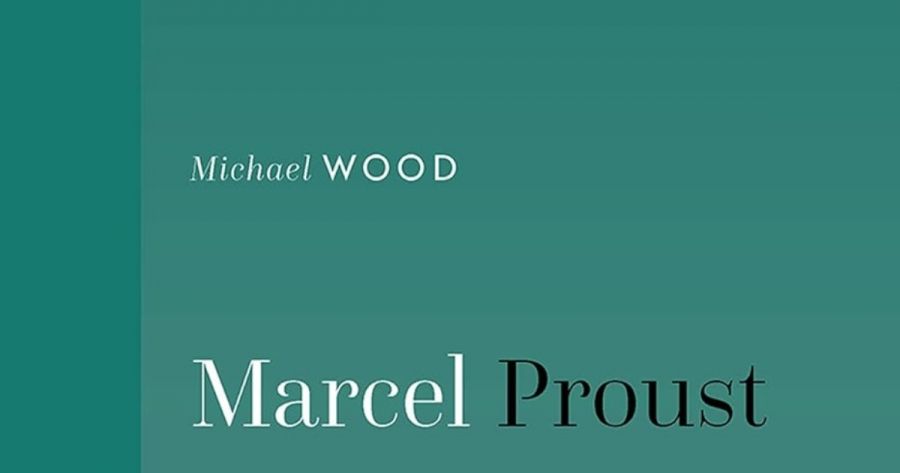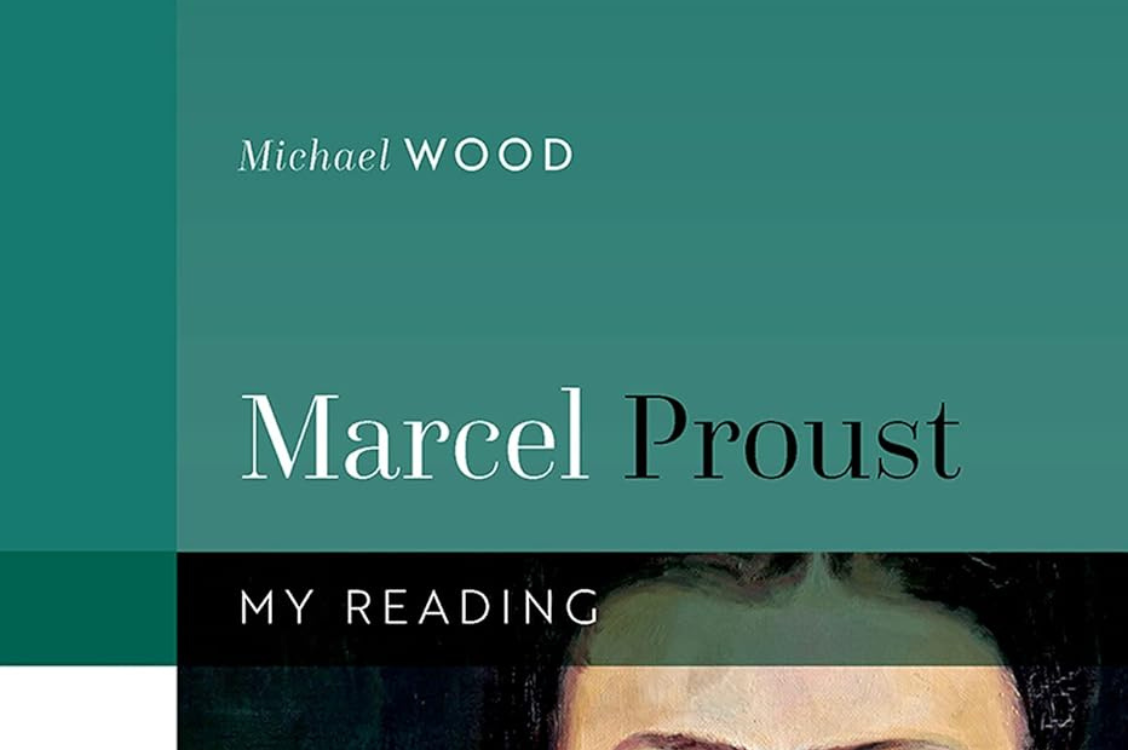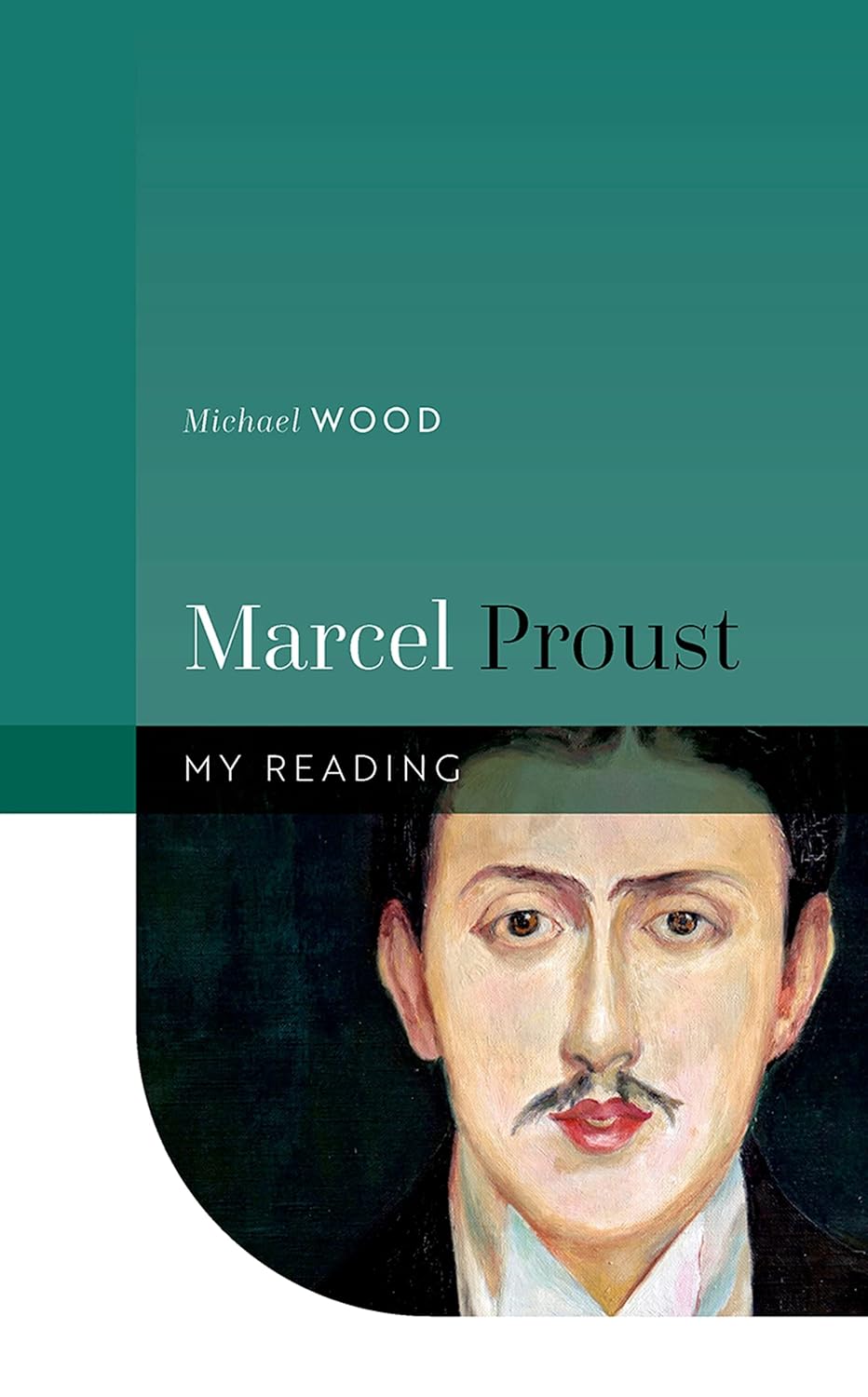
- Free Article: No
- Contents Category: Literary Studies
- Review Article: Yes
- Article Title: Many-mindedness
- Article Subtitle: Reading À la recherche
- Online Only: No
- Custom Highlight Text:
In 1981, Terence Kilmartin’s revision of C.K. Scott Moncrieff’s 1920s English translation of Proust’s À la recherche du temps perdu was published. Against Kilmartin’s wishes, the new edition retained the unfortunate title of Remembrance of Things Past, but in all other respects the Kilmartin version significantly corrected and enhanced the Moncrieff translation.1 This became my Proust, and I have remained loyal to it.
- Featured Image (400px * 250px):

- Alt Tag (Featured Image): Andrea Goldsmith reviews 'Marcel Proust' by Michael Wood
- Book 1 Title: Marcel Proust
- Book 1 Biblio: Oxford University Press, £18.99 hb, 143 pp
- Book 1 Cover Small (400 x 600):

- Book 1 Cover (800 x 1200):

Following my first reading of À la Recherche, I made copious notes and copied out reams of the book, but in time these favourite bits, read over and over again, tended to submerge the work as a whole. So, I hosted a Proust afternoon tea: I supplied the madeleines, and each guest was asked to bring along their favourite excerpts. The purpose was entirely self-serving: it was to extend what had become my Proust. And I was not disappointed. Over the following months, prompted by the selections of my guests, I revisited sections of the novel that I had not read in years.
Now we have Michael Wood’s Marcel Proust, one of eight titles in the OUP series, My Reading. (The others in the series focus on Dickens, Balzac, King Lear, Beckett, Thomas Browne, Ursula le Guin’s Earthsea, and William James – a curiously heterodox, male-heavy list.) Michael Wood, well known for his critical work in film and literature (his Nabokov remains a favourite of mine), and for his many essays in the London Review of Books and the New York Review of Books, is one of the five editors of the My Reading series. The contributing authors were asked to respond personally to the following questions: ‘What is it like to love this book? What is it like to have a thought or idea or doubt or memory, not cold and in abstract but live in the very act of reading? What is it like to feel, long after, that this writer is a vital part of your life?’
Wood did not follow the directions devised by him and the other editors. His Proust is not for the uninitiated person who is looking for a way into À la recherche. On the contrary, it assumes a considerable acquaintance with Proust’s great work. And while one assumes Wood is passionate about À la recherche, his passion does not come through. Indeed, his approach is far more analytical and scholarly than personal.
Wood’s book will not inflame the desires of the Proustian novice. It is, however, an engaging book for readers of Proust. And aggravating, too. As I read, there were sections, even whole chapters, when Wood’s Proust grated against mine – but it did so in an intriguing and constructive way. Reading this book was akin to having a vigorous conversation.
Wood begins with the background to Proust’s great work, drawing on Contre Sainte-Beuve and other earlier writings that fed into À la recherche. In the latter part of this first chapter (titled ‘Impossible Music’, which, with a single exception, is not about music at all, and a confusing metaphor given the significant role of actual music in À la recherche), Wood introduces the notion of the writing self, that secret self so different from the everyday, public self. Here, Wood refers to W.B. Yeats, Henry James, and Roland Barthes. Indeed, throughout this slim book, Wood gathers material from a wide range of literary sources. There are few writers – George Steiner might be one – who could get away with the following sentence: ‘It is, we might say, adapting an idiom from Proust, the Nabokov side of George Eliot.’
Wood proceeds in leaps and tangents. He provides some fascinating insights into the various Proust translations.2 He draws a striking and fertile comparison between Proust and Thomas Mann. He situates the novel politically and historically with a focus on the Dreyfus affair, and connects this to the portrayal of anti-Semitism in À la recherche. An entire chapter is given over to metaphor, arising from what Wood terms Proust’s theory of ‘the need for double-mindedness or many-mindedness’. But is this metaphor? I wonder. Or is it that mysterious, intense, fluid interchange between memory and forgetting that is so much a part of Proust’s novel? Wood moves on to Albertine and possessive love. But surely, I want to argue, it is a love more obsessive than possessive.
‘As so often in Proust,’ Wood writes, ‘a thought that is heading in one direction turns around suddenly, as if it had forgotten something and had to go back for it.’ And finally it occurs to me: these ideas, these references, all these digressions Wood makes, are, well, Proustian.
I am still absorbing Wood’s emphases and conclusions. And I’m still arguing with him, but most of all I am grateful: this short book has extended my Proust.
Endnotes
1. The last volume, Time Regained, was translated by Andreas Mayor. The 1981 translation used the 1954 Pléiade edition. This edition was succeeded by what Christopher Prendergast in his editor’s introduction to the 2003 Penguin translations (each of the seven Penguin volumes has a different translator) described as the ‘curiously monstrous 1987 Pléiade edition’. On the basis of this later Pléiade edition, Kilmartin began a new English revision, a project handed to D.J. Enright when Kilmartin became ill. This edition saw, finally, the establishment of the title in English: In Search of Lost Time.
2. Wood uses the 2003 Penguin translations. But Proustians take note: a new English edition is soon to be published by OUP. The general editors are Brian Nelson and Adam Watt. There are six different translators, with Brian Nelson translating both The Swann Way (at last: the perfect title for this first volume) and Time Regained. The books will be published sequentially, with the first volume scheduled for later this year, and the final one in 2027, a century after the original publication of Le temps retrouvé. I’ve had the opportunity to read snippets from Brian Nelson’s The Swann Way and I know my long loyalty to Kilmartin is about to end.


Comments powered by CComment